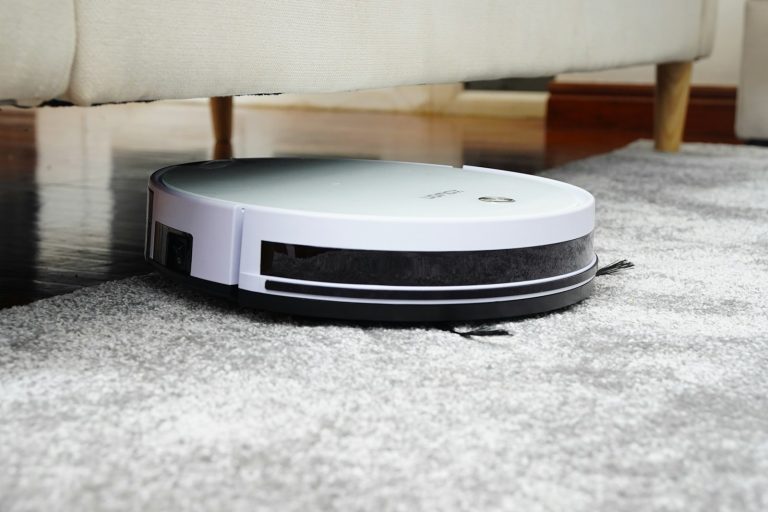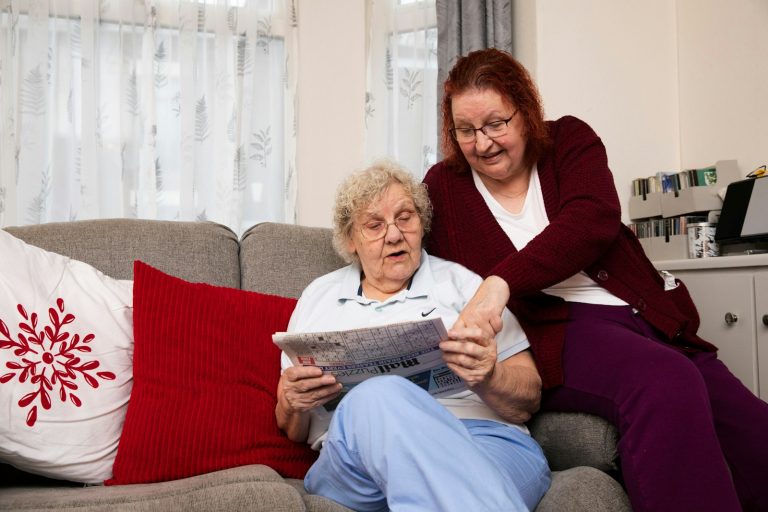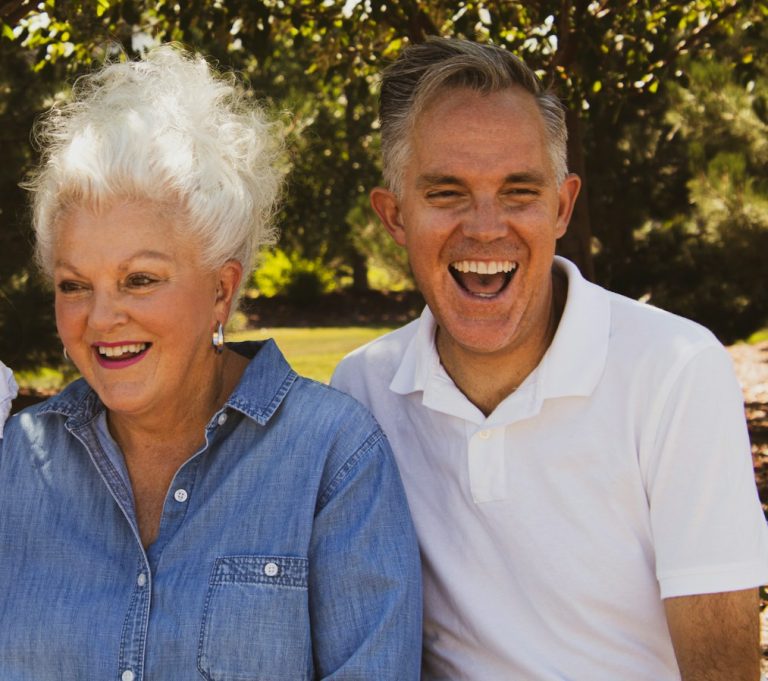Contributed by Sharon Morris | Right At Home | December 7, 2020
 Are you a Family Caregiver? Today, a record 53 million people in the U.S. are providing care for older loved ones. Caregiving brings with it many emotional rewards. But caregiving can be physically and emotionally demanding. Caregivers are stressed as they struggle to balance caregiving tasks with their work and other family responsibilities. They lose sleep worrying about the quality of care they’re providing. It’s no wonder! Today’s family caregivers are asked to perform medical tasks “that would make a nursing student tremble,” noted AARP vice president Susan Reinhart.
Are you a Family Caregiver? Today, a record 53 million people in the U.S. are providing care for older loved ones. Caregiving brings with it many emotional rewards. But caregiving can be physically and emotionally demanding. Caregivers are stressed as they struggle to balance caregiving tasks with their work and other family responsibilities. They lose sleep worrying about the quality of care they’re providing. It’s no wonder! Today’s family caregivers are asked to perform medical tasks “that would make a nursing student tremble,” noted AARP vice president Susan Reinhart.
The pandemic of 2020 has increased caregivers’ workload considerably. An October 2020 poll from The Associated Press-NORC Center for Public Affairs Research showed that family caregivers now are providing 36% more care than a year ago, trying to keep their senior loved ones both safe and socially connected—this on top of working from home, and perhaps supervising their children’s school days.
“Juggling all these tasks can lead to what’s called caregiver burnout,” says Sharon Morris, Right at Home Northwest. “This is a sense of exhaustion when a caregiver feels drained of time and energy, coupled with feelings of anxiety and guilt. Caregiver burnout can lead to serious depression, and raises the caregiver’s own risk of heart disease, diabetes, dementia and early death.”
If you are a family caregiver, make caring for yourself a top goal. Remember that if you don’t take care of yourself, you will be a less effective caregiver for your loved one. Here are some great suggestions to add to your list of 2021 New Year’s resolutions:
 #1 “I will build some ‘me time’ into my schedule.”
#1 “I will build some ‘me time’ into my schedule.”
Caregivers often tell themselves that they don’t have time to do things they enjoy, to visit with friends, or just to relax for a while. But respite is vital so you can recharge your emotional batteries.
#2 “I’ll get enough exercise and eat a healthy diet.”
Studies show family caregivers often neglect the basics of a healthy lifestyle. But you endanger your own health if you live on fast food and your lifestyle is busy, yet largely sedentary.
#3 “As a Family Caregiver, I’ll keep current with my own healthcare.”
Though they might spend a great deal of time managing their loved one’s doctor appointments and medications, caregivers seldom have the same diligence about their own healthcare. When was your last checkup?
#4 “I’ll learn more about my loved one’s health condition and what I can expect in the future.”
Uncertainty and fear of the unknown can stress us out. Getting a handle on your loved one’s situation lets you plan ahead, with fewer surprises that could catch you off guard.
#5 “I’ll connect with others who understand.”
Many caregivers hesitate to discuss what they’re going through. But it’s so important to express your feelings. If it doesn’t feel safe to share with family and friends, join a caregiver support group—either in person or, more likely these days, online.
#6 “I’ll seek professional counseling.”
A counselor can help you sort through your feelings and provide tools for navigating the complicated emotions of family caregiving. Choose a therapist who is familiar with caregiver issues and dynamics.
#7 “I’ll set boundaries.”
As a loved one’s care needs increase, family caregivers often find themselves spending more and more time and head space on those needs. This is understandable when a beloved family member needs us! But you may need to say no sometimes.
#8 “I won’t let ‘old business’ dominate.”
Often the tables turn as loved ones age, and we’re providing rather than receiving care. Yet who can push our buttons better than Mom or Dad, a sibling, or our spouse? Focus on the tasks at hand. This is an area where your support group or counselor can be of great help.
#9 “I’ll practice self-compassion.”
Feelings of guilt are gasoline on the fire of caregiver burnout. Cut yourself some slack. Replace that critical voice inside your head with the same kind of caring empathy you would offer a dear friend.
#10 “I’ll get help!”
Maybe you have a wry smile on your face at this point. “Those are lovely resolutions,” you might be saying. “But who has time for that? I’m a family caregiver!” You don’t need to go it alone. It’s time to get help, and there are resources to which you might turn:
Talk to your family. Be open about the many things you do to support your loved one. “Other family members might be unaware of the load, especially if they live at a distance,” reports Morris. “They might be glad to help by spending time with your loved one while you take some well-earned time to yourself, by assisting financially, or by helping you locate support services.”
Bring in professional care. During 2020, professional in-home care became an even more attractive solution for supporting the well-being of seniors. Professional in-home caregivers take over many of the typical tasks of family caregivers, such as hygiene care, assistance with managing healthcare appointments and medications, light housekeeping and laundry, meal preparation … whatever tasks need doing. They provide respite care so you can take a break, even go on vacation.
Hire through an agency that has stepped up to today’s challenges. Contact different agencies and ask how they are tackling the current pandemic. What changes have they made to adjust for safety? Do they require caregiver to wear masks? Are they following local and national guidelines on curtailing the spread of COVID-19. As families work hard to keep the most vulnerable family members safe at this time, having trained professionals on the team is a tremendous stress-buster,
Sharon Morris is the owner and Supervisor of Direct Care Services with Right at Home, an in home care agency serving, Whatcom, Island, Skagit and San Juan Counties.






















